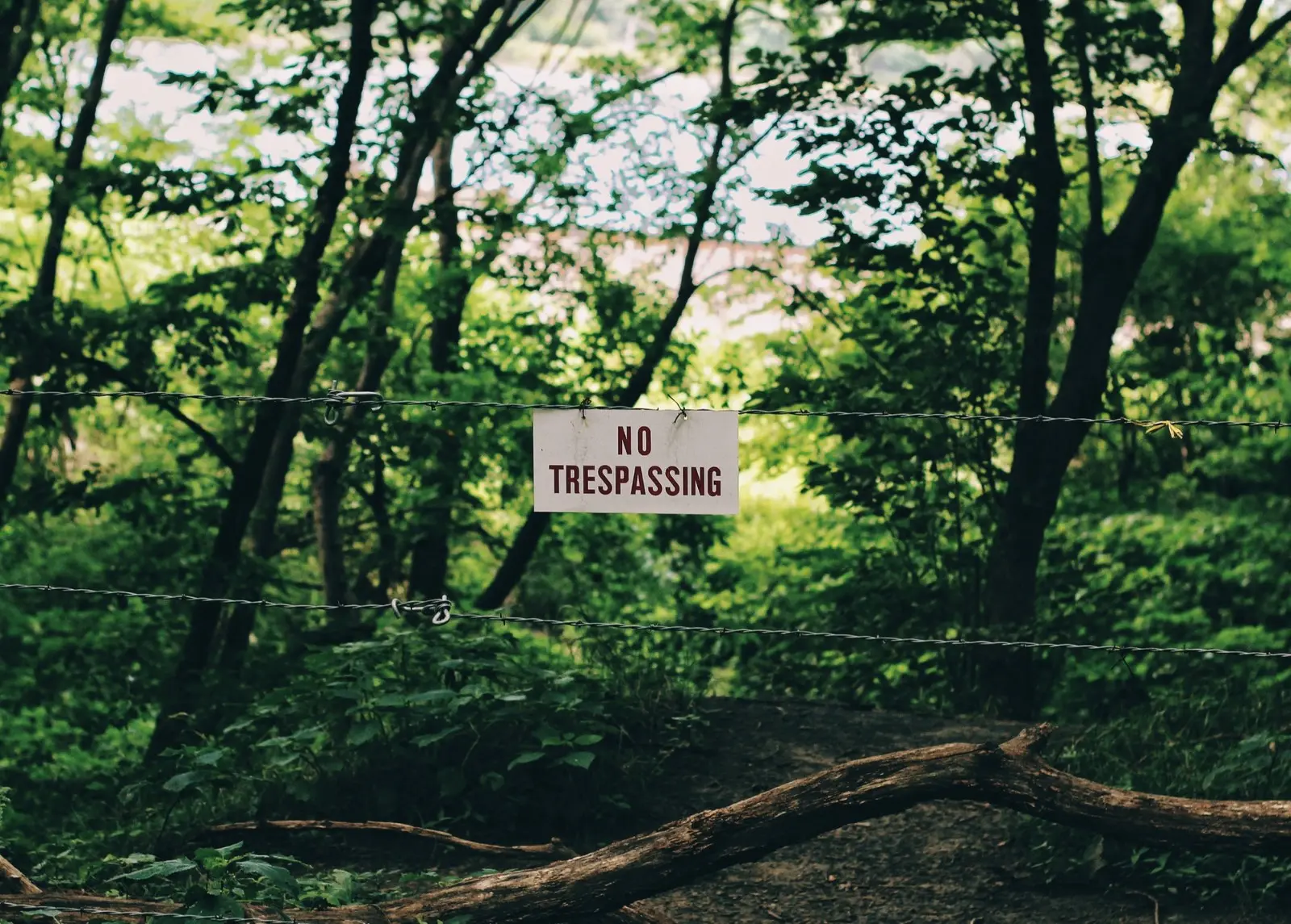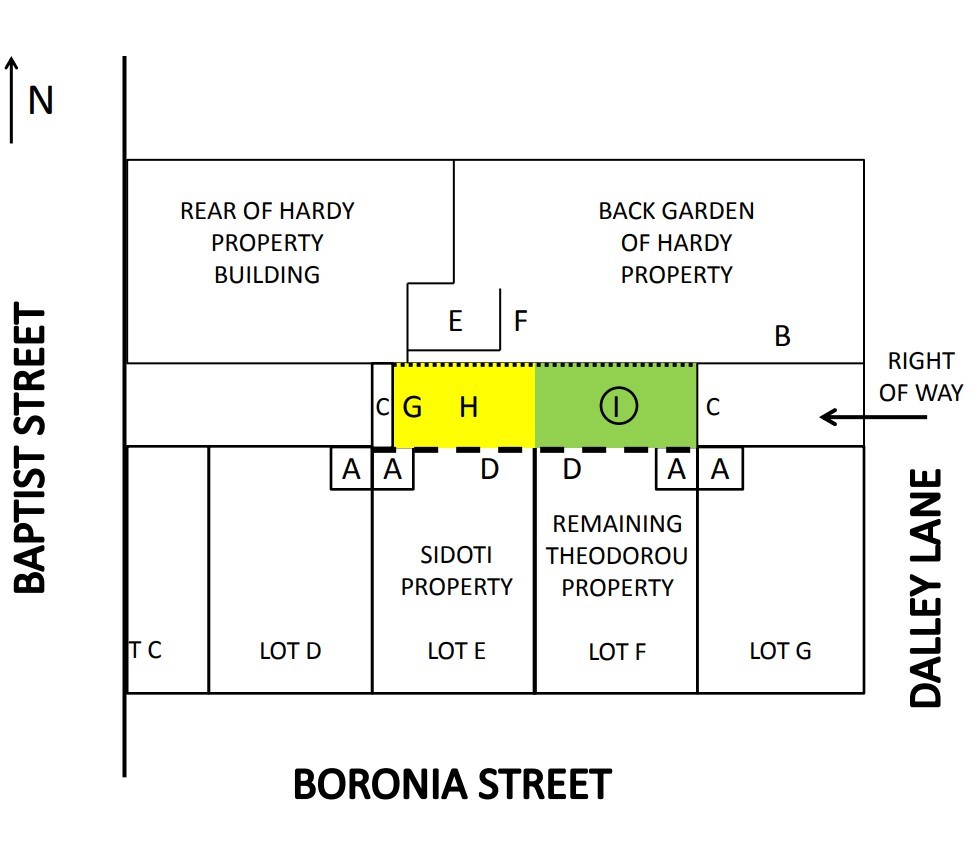Adverse Possession - When Trespassers Become Property Owners
Knowledge Eddy Vay Published 25 May 2021 Edited 30 March 2022
Most people in Australia become property owners through purchasing from another party. However, there is another way to obtain ownership of land called adverse possession. Adverse possession refers to what is colloquially known as “squatter's right” and arises from common law. Basically, if you exclusively and constantly squat on a piece of land long enough, you can, as permissible by law, claim legal title to the land upon which you have squatted. It sounds like a made-up law, but as we shall soon show, adverse possession is very real.
Case Study
A Sydney man, Hardy, recently won a NSW Supreme Court battle against his neighbour Sidoti over a 3.35 square metre piece of land based on the principle stated above of adverse possession. The dispute was over the ownership of an easement, fondly referred to as dunny lane. The shared area, “Yellow Land”, between the properties of Hardy (“Plaintiff”) and Sidoti (“Defendant”) in Redfern was originally developed at the end of 19th century for waste collection purposes. Hardy initially used the Yellow Land as a garden tool storage area in 1998 until he took down the old paling fence dividing his backyard, the Yellow Land, and an adjoining part of the right of way toward the east over land. Then, from 2003 to 2005, Hardy proceeded to make improvements to his backyard, establishing a Japanese style garden which extended into the Yellow Land. Sidoti purchased the property in April 2018 and the Yellow Land was included. As part of a later renovation, Sidoti demolished the outhouse and fence which stood on the Yellow Land to build a barbeque area.
The court ruled that Hardy has acquired a possessory title at common law to the disputed land since the documentary title holder did not recover the Yellow Land by January 2017. Thus the title to the Yellow Land was extinguished pursuant to s65(1) of the Limitation Act 1969 (NSW).

Relevant Authority
The law of adverse possession can be traced to the Real Property Act 1900 (NSW) and the Limitation Act 1969(NSW).
In order to establish adverse possession of land, you must fulfil the below requirements:
The intention of exclusive possession;
Possession of land without the consent of the registered owner;
Exercising physical control over the land exclusively;
Uninterrupted occupation of the land for a period of years or more (12 year in NSW);
Hardy's case is representative of the willingness of courts to give rise to increased property rights where adverse possession can be established. If there is uncertainty of the boundary of your land, you should seek professional help as soon as possible to avoid potential loss.
Contact Us
If you have any questions or inquiries about the above, please contact Longton Legal and our experienced team of property law solicitors will provide you with expert legal advice.
*Disclaimer:This is intended as general information only and not to be construed as legal advice. The above information is subject to changes over time. You should always seek professional advice before taking any course of action.*
Key Contacts

Eddy Vay
Partner
Further reading